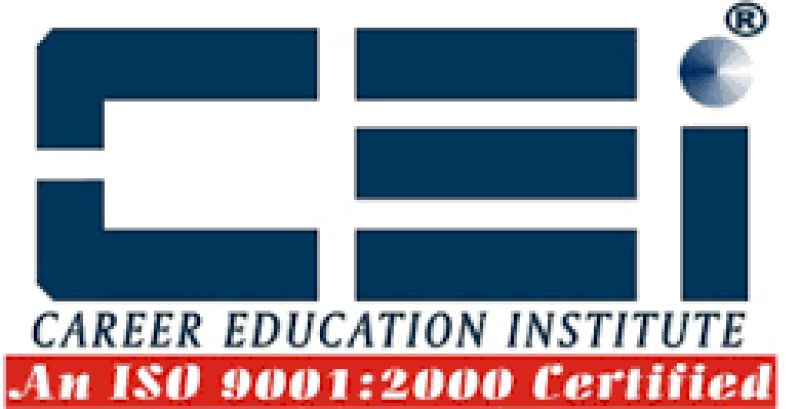Choosing Your Path: Traditional Education vs. Professional Training
In today's world, deciding between traditional education and professional training can be a big deal. Each has its own perks and challenges, so let's break it down to help you figure out which path is right for you.
Traditional Education: Building a Solid Foundation
Traditional education, like what you get at colleges and universities, covers a wide range of subjects. You learn a lot of theory and academic stuff, which gives you a good all-around education.
Advantages:
- Learning a Lot: You get a broad understanding of many subjects.
- Getting Challenged: These courses push you to think critically and research deeply.
- Making Connections: You meet lots of people, including professors and other students, who can help you in your future career.
Challenges:
- Time-Consuming: It takes several years to finish a traditional degree.
- Expensive: Tuition fees and other costs can be high.
- Not Always Practical: Sometimes, what you learn doesn't directly apply to real-world jobs.
Professional Training: Getting Ready for a Specific Career
Professional courses focus on teaching you practical skills for a particular job or industry. They're often shorter and more hands-on, getting you ready for the workforce faster.
Advantages:
- Learning What Matters: You focus on the skills you need for a specific job.
- Quick to Finish: These courses often take less time than traditional degrees.
- Industry Connections: You can meet people who are already working in the field, which can help you find a job later on.
Challenges:
- Limited Scope: You might not learn as much about different subjects.
- Less Prestige: Some employers prefer candidates with traditional degrees.
- Needing to Keep Learning: Things change fast in some industries, so you might need to keep getting more training.
Choosing Your Path
Deciding between traditional education and professional training depends on what you want and where you're headed. If you like learning a bit of everything and have the time and money for it, a traditional degree might be the way to go. But if you're eager to dive into a specific career and want to start working sooner, professional training could be your ticket.
No matter which path you choose, remember that education is a valuable investment in your future. Take the time to explore your options, think about what you really want, and go for it!
Read More



